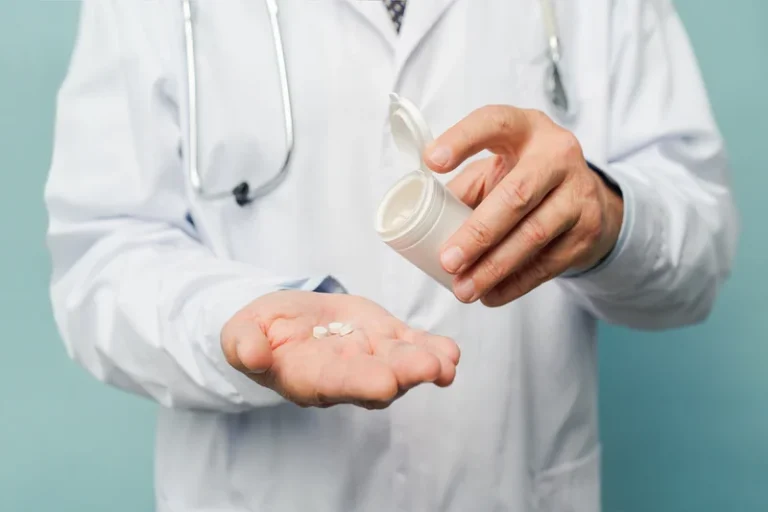
Using any kind of alcoholic beverage to help you sleep is always going to backfire, even if in the moment it feels like it’s helping. And while it may seem harmless to live by some of these “tips,” some of these alcohol myths can put your health at risk. If you are intoxicated, the only thing you can really do is hydrate yourself and wait it out. Caffeine will make you feel more “alert.” But you’re only going to be a more alert drunk person. While a person may prefer one type of drink over another, once alcohol reaches your bloodstream there’s no difference. Contact The Recovery Village Palmer Lake if you have questions about treatment or if you’re ready to get on the path to recovery and end your addiction to alcohol.
Myth: Drinking isn’t a problem as long as you can hold your liquor.
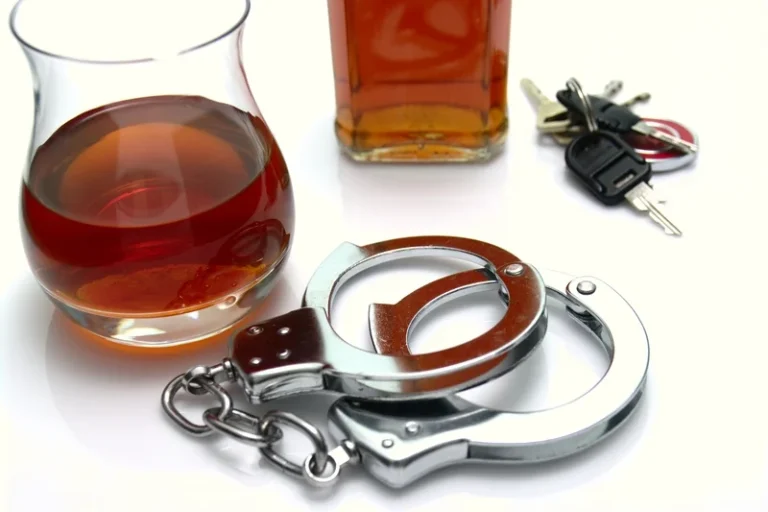
In contrast, if you start off drinking hard liquor, you’re likely to be drinking at a slower rate and feel drunk faster. Switching to beer and then drinking at the same rate will result in a decreased stream of alcohol by volume. The myth about coffee’s sobering powers is particularly important to debunk because the co-use of caffeine and alcohol could actually lead to poor decisions with disastrous outcomes… People who feel tired and intoxicated after consuming alcohol may be more likely to acknowledge that they are drunk. Many people may believe the myth that loading up on bread, heavy foods, or even drinking coffee will lower your blood alcohol level.
You really have to admire a person who can hold his/her liquor.
Alcohol simply blocks the normal release of vasopressin … vasopressin promotes re-absorption of water in the kidney to the rest of the body. If you have this blocked, the water goes into the body,” Zacny adds. Alcohol consumption suppresses vasopressin, also known as anti-diuretic hormone. The pituitary gland in the brain releases ADH, which regulates water in your kidneys. Coffee or a dunk in cold water might wake you up a little, but it won’t speed up the process of eliminating the bad stuff from your system. Neurons are the cells that act as communicators, triggering motor responses to physical stimuli.
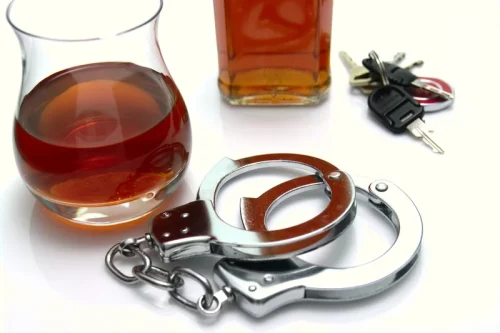
Myth: If you’ve been drinking responsibly for years, you’re not going to become addicted to alcohol.
For example, if you can answer “yes” to any two of the following statements, drinking may be causing you problems. You may think that drinking problems have to start early in life. In fact, some people develop problems with drinking at a later age. In fact, research has shown that there is no chemical interaction between beer and liquor that exacerbates hangover symptoms. If you’re concerned about your alcohol use, it’s important to consult with a healthcare professional. They myths about alcoholism can provide guidance and support tailored to your needs.
For some people who drink, it takes quite a few drinks to “get a buzz” or feel relaxed, and they may be less likely to show signs of intoxication compared to others. These individuals tend to drink more, socialize with people who drink a lot, and develop a tolerance to alcohol, i.e., it takes more and more alcohol to feel or act intoxicated. Someone who misuses alcohol, especially over the long-term, can experience permanent liver, heart, or brain damage. For men, heavy drinking is defined as having five or more drinks on any single day or 15 or more drinks per week. Even if you only drink on weekends, binge drinking can have serious health impacts, from liver damage to increased risk of heart disease and mental health issues. The effects of alcohol start sooner than people realize, with mild impairment (up to 0.05 blood alcohol concentration BAC) starting to affect speech, memory, attention, coordination, and balance.
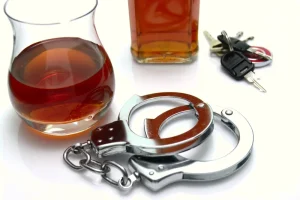
- It’s also well known that drinking and getting behind the wheel has deadly consequences.
- In most of the United States, your blood alcohol content (BAC) must be under 0.08% for you to legally drive.
- And when the effects of alcohol wear off, your brain activity ramps back up, jolting you awake.
- Understanding alcohol’s risks and effects on the body can help you better assess your own consumption habits.
You’ll undoubtedly be more comfortable, but there’s also an excellent possibility that any remaining hangover symptoms will vanish. Alcohol tolerance can enable somebody to drink considerable quantities without experiencing the effects. Chronic alcohol usage creates both mental and physical tolerance. High alcohol consumption implies tolerance and physical dependency and causes organ damage.
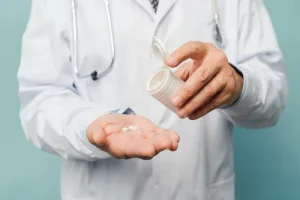


Deja tu comentario